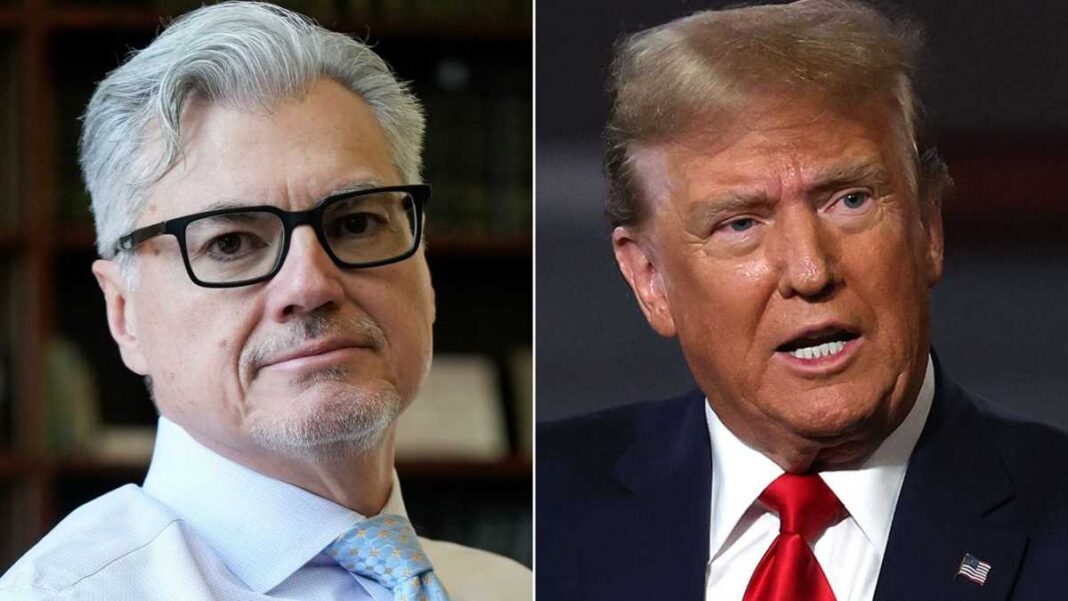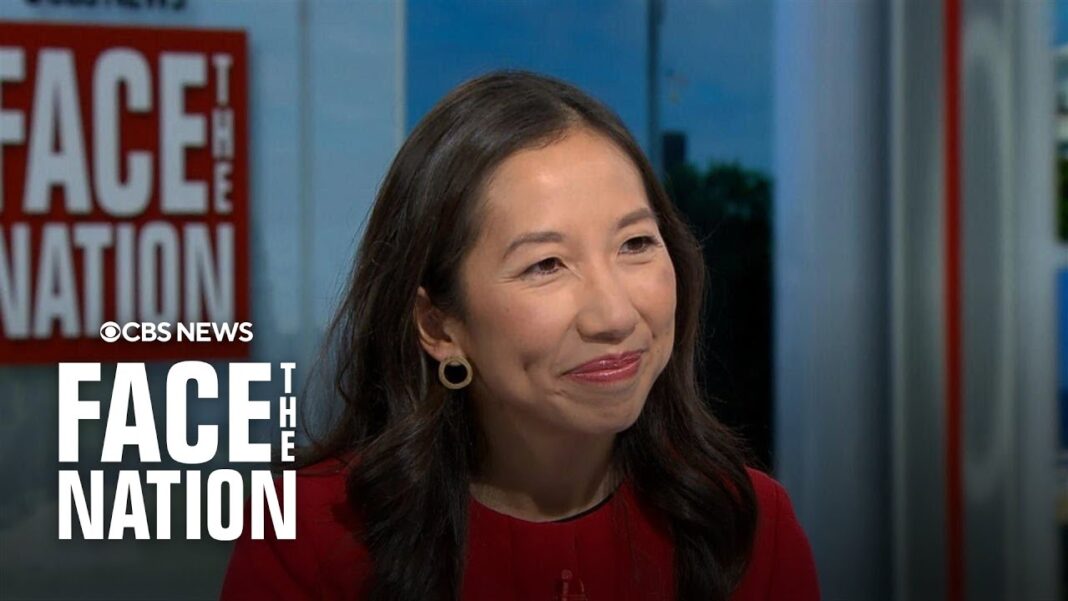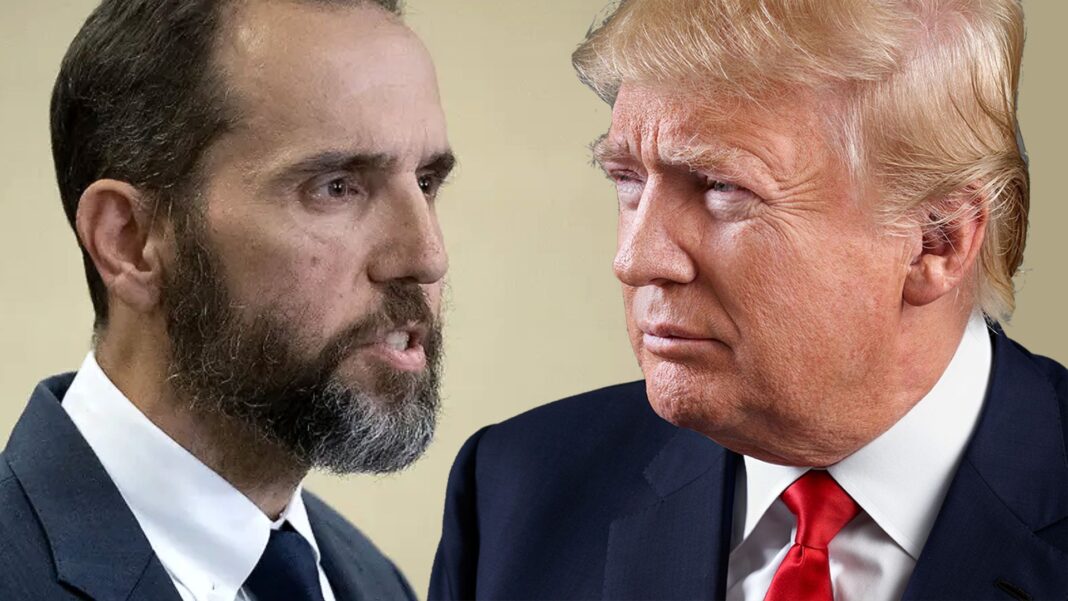
The president-elect seeks to delay Friday’s sentencing, citing presidential immunity concerns and potential harm to the institution of the presidency.
President-elect Donald Trump has petitioned the U.S. Supreme Court to postpone his sentencing in the New York business records case, scheduled for Friday, Jan. 10. This move comes after New York courts rejected his requests for a delay, including a recent denial from the state’s appeals court.
Trump’s legal team filed an emergency request with the nation’s highest court on Wednesday, arguing that proceeding with the sentencing could cause “grave injustice and harm to the institution of the Presidency and the operations of the federal government.” The Supreme Court has requested a response from New York prosecutors by Thursday.
The case, presided over by New York Supreme Court Justice Juan M. Merchan, resulted in Trump’s conviction in May 2024 on 34 felony counts of falsifying business records. Merchan has indicated that he does not intend to impose jail time, fines, or probation at the sentencing.
Trump’s attorneys base their argument on a recent Supreme Court ruling that granted broad immunity from criminal prosecution to the president-elect.
They contended that this ruling should apply to some of the evidence used against Trump in the business records trial, asserting that it should have been protected by presidential immunity. However, Merchan has disagreed with this interpretation.
The filing to the high court is signed by John Sauer, the president-elect’s nominee for solicitor general.
The Republican president-elect’s spokesman, Steven Cheung, called for the case to be dismissed in a statement, while the Manhattan district attorney’s office said it would respond through court filings.
The appeal to the Supreme Court follows a series of unsuccessful attempts by Trump’s legal team to halt the proceedings.
On Tuesday, an appeals court in New York denied Trump’s request for an interim stay. Justice Ellen Gesmer of the Appellate Division, First Judicial Department, issued a brief order stating, “After consideration of the papers submitted and the extensive oral argument, movant’s application for interim stay is denied.”
Trump’s attorney, Todd Blanche, argued in the emergency filing on Jan. 7 that proceeding with the sentencing would “pose risks to America’s vital interests that are intolerable and unconstitutional under the Supremacy Clause and the doctrine of Presidential immunity.”
By Chase Smith








